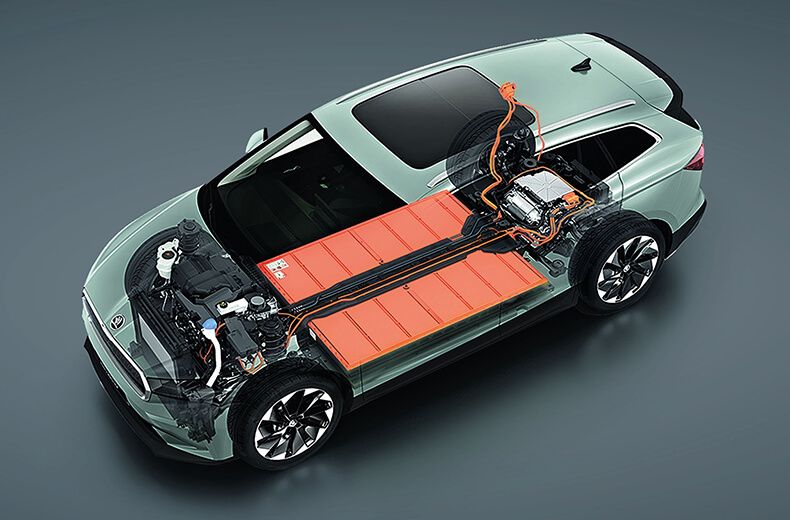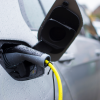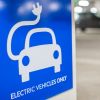This will also impact vehicles sold in the UK, despite leaving the European Union (EU).
All electric vehicles (EVs) will need to be able to prove the origins of the raw material they contain, how much of the battery (and its components) are recycled and their ‘lifecycle carbon footprint’.
The details included on the passport, contain information on the production process, as well as how the vehicle and its parts were transported.
This is part of the wider plan by the European Parliament to ban the sale of new internal combustion engines by 2035.
According to EU officials, from February 1st 2027, all EV batteries over 2 kWh sold will require a unique battery passport, which can be found using a QR code on the battery itself.
The responsibility to display the correct information will be with the manufacturers.
The EU Battery Regulation is asking for ‘mandatory supply chain due diligence addressing the social and environmental risks related to extracting, processing, and trading raw materials for battery manufacturing purposes’.
With two and a half years to go until the requirement becomes law within the EU, Government officials are working with the manufacturers to get everything ready before launch.
Battery passports will require information from mining and refining companies, recycling firms, as well as the producers of batteries and the components used within them.
Each passport document will include a unique identification number and the information on the make, model, and details on the vehicle it is used in.
All this information will be needed to carry out repairs and replacements.
Details on the passport will also be available to the general public, from the EU, as well as regulatory bodies that monitor the EV industry, and also end-of-life processors who dispose of the batteries that are no longer in use.

RAC sale – up to 33% off*
• Roadside cover from £5.29 a month†
• We get to most breakdowns in 60 mins or less
• Our patrols fix 4/5 breakdowns on the spot

High-quality batteries fitted at your home
Skip the garage hassle – RAC Mobile Mechanics come to you!












